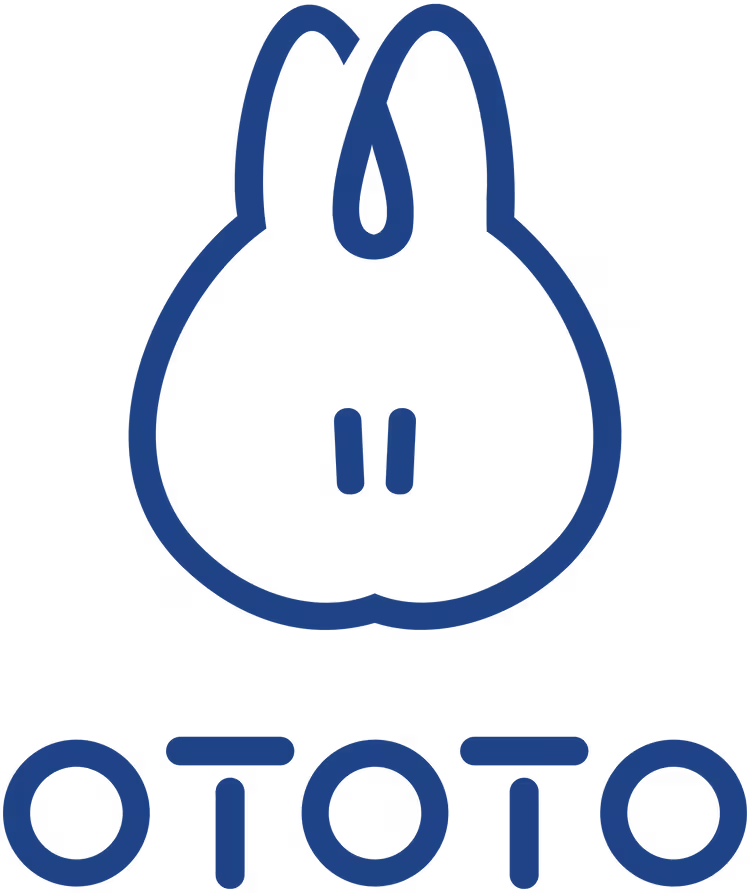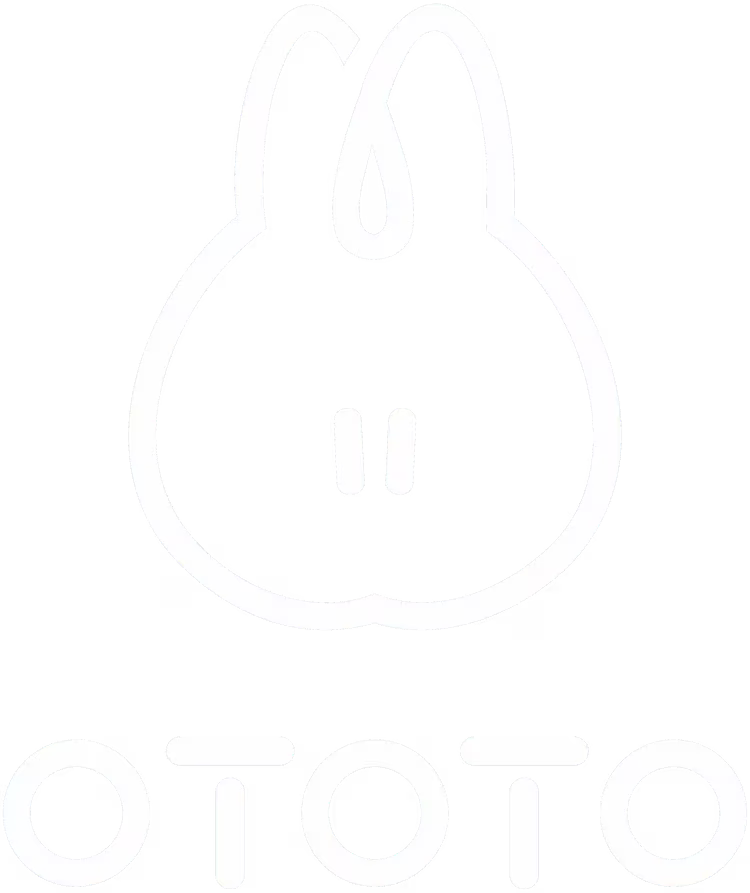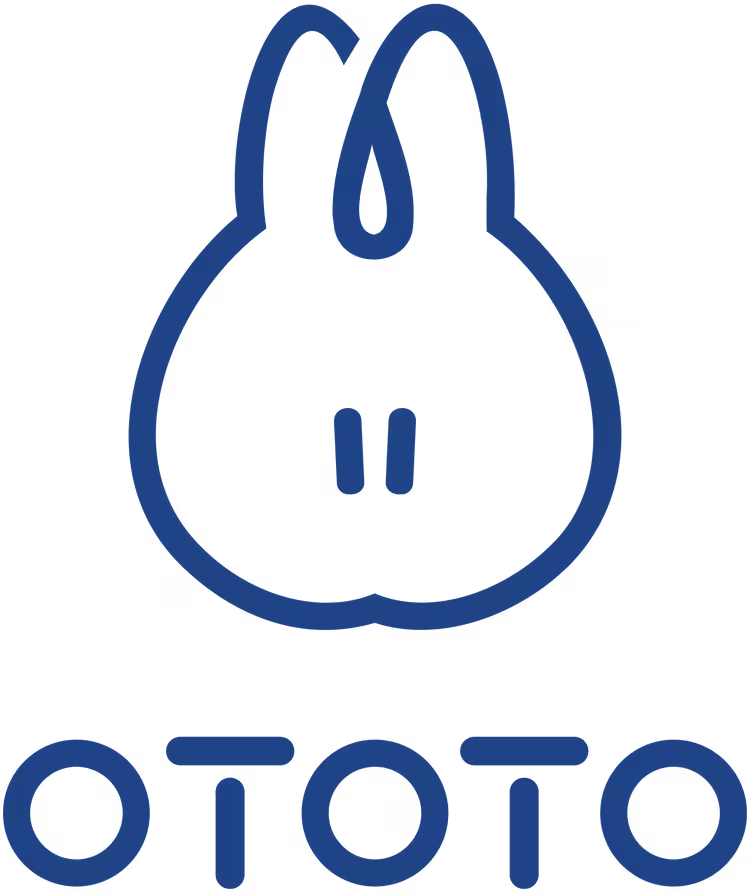Code of Conduct
SUPPLIER CODE OF CONDUCT
Our company prides itself on being a reputable and honest business. We are committed to upholding high ethical and professional standards in everything we do, consistent with our company's shared values. We recognize the important relationship between our company and our suppliers in achieving high performance across our business. We view the suppliers we partner with as an extension of our own teams, and so the work you do and the manner in which you conduct your business practices will naturally reflect upon us. Thus, it is important that our suppliers also identify and are committed to meeting our standards, as we believe they form the pillar of good business practice.
This Supplier Code of Conduct covers third parties, consultants and contractors engaged to provide goods and services to or on behalf of our company and is a statement of our basic requirements for an effective collaboration:
- We ask our suppliers to adhere to our Supplier Code of Conduct and to promote our standards within the supply chain.
- We expect our suppliers to have processes in place to support meeting these standards and to provide supporting evidence if requested.
1. Anti-Bribery and Corruption
We operate on a zero-tolerance policy to bribery and corruption.
Under no circumstances do we offer or accept bribes or improper inducements, including facilitation payments, to secure business or to gain any advantage for either the company or for any individual. We therefore expect our suppliers to conduct business in an ethical and responsible manner, and in accordance with anti-bribery and corruption legislation in our country.
2. Gifts and hospitality
We recognize that maintaining high quality professional relationships with suppliers is essential to the success of our business. We acknowledge that suppliers may sometimes offer business gifts such as reasonable entertainment and modest gifts to build goodwill, but without due care and consideration, these can create an improper impression of influence upon our objectivity in decision making.
Suppliers must not offer gifts, hospitality or entertainment with the intention or where it could be concluded that there may be an intention to improperly influence our employee’s judgment or decision making in respect of its engagement with that supplier.
3. Conflicts of interest
Conflicts of interest must be avoided – they can be damaging to our business and reputation, work against the principles of ethical and fair treatment, and can contravene the law.
Suppliers must voluntarily declare any engagement between its personnel and own staff that creates or may appear to create a conflict of interest.
This shall include circumstances such as where a supplier’s employee has a family or personal relationship with our company employee that may represent a perceived conflict of interest.
4. Anti-Competitive practices
Competition and antitrust legislation prohibit business practices that conflict with the principles of free and fair competition. Breaching competition law has serious consequences.
Cartel behavior is strictly prohibited. Agreements that fix market prices or other market conditions such as discounts, commissions or rebates, or that limit or share control of markets or technical development and/or sources of supply are equally unacceptable.
Our company is committed to fair, free and open competition, and strictly prohibits suppliers from engaging in anti-competitive practices.
5. Workplace and personal safety
Suppliers must adhere to all the relevant health and safety legislation and standards in all countries of operation and inconsideration of the services being provided.
They shall actively ensure that they operate a safe working environment for all employees, visitors and other persons affected by their activities, and that suitable and sufficient health and safety policies and procedures are in place and communicated to staff as required.
6. Diversity, equality and inclusion
We promote a diverse, inclusive and equal workplace both internally and externally. Every employee is expected to treat everyone with whom we have contact with dignity, courtesy and respect. We believe staff employed by our suppliers, whether permanent or temporary, should have the same basic rights to be treated with respect and dignity at work by our own employees.
There should be no discrimination based on race, age, ethnic or national origins, marital status, family circumstances, disability, sexual orientation, gender identity, political or religious belief, union membership or political affiliation.
7. Human Rights
Suppliers must have in place policies and processes recognizing, respecting and protecting the human rights of their employees, supply chain, stakeholders and communities within which they operate. We’re committed to preventing acts of modern slavery and human trafficking from occurring within our business and our supply chain.
We expect the people employed by our suppliers, whether permanent or temporary, to have the same basic right to be treated with respect and dignity at work as our own employees.
Child labor is against the law.
8. Confidential information
Information is one of our most valuable assets that we depend on in order to function effectively and we should protect it.
Information could be in many forms from email, databases and voicemail, as well as paper-based communication, photos and videos.
As a supplier, you may obtain confidential information from your interactions with our employees, systems or other suppliers to our company.
We expect our suppliers to handle, keep, transmit and process confidential information safely and securely and only for the purposes permitted under its contract with our company.
Suppliers must not disclose company information to third parties, unless permitted under its contract.
9. Data Protection and Information Security
As part of the services, you as a supplier may be required to process the personal data of our company’s clients, candidates and employees. Where this is the case, we expect that you will respect individuals’ rights to privacy and process personal data in compliance with all applicable data protection and information security laws.
10. Financial Integrity
We expect our suppliers and their staff to act with integrity and honesty.
In doing so, we expect our suppliers and their staff to not seek to gain advantage by acting in a fraudulent manner, whether that be by deceiving someone or acting dishonestly. This shall include, but not limited to money laundering, misreporting of time, expenses or third-party supplier costs, tax evasion or misappropriation of our goods, or property.
11. Sustainability
Our organization recognizes that environmental responsibility is crucial to delivering high-quality products and services.
We expect our Suppliers to strive for regenerative processes and minimize negative impacts on the community, environment, and natural resources within their operations, ensuring the health and safety of the communities in which they operate.
Suppliers are required to integrate the following requirements into their business processes:
11.1 Environmental Permits and Reporting
Suppliers must obtain and keep current all required permits, approvals, and registrations. They must also fulfill their operational compliance and reporting requirements.
11.2 Pollution Prevention and Resource Reduction
Suppliers should minimize emissions, waste, and pollution that harm the environment or people. They should reduce the use of natural resources, including water, fossil fuels, and raw materials, through recycling, conservation, and resource-efficient practices.
11.3 Hazardous and Restricted Substances
Suppliers must identify, label, and manage chemicals and hazardous materials to ensure safe handling, use, storage, recycling, and disposal. They should monitor, control, and reduce hazardous air emissions, wastewater, and waste. Suppliers must comply with regulations to minimize hazardous waste and ensure safe disposal. Preventing illegal discharges and spills is mandatory, and hazardous waste data must be tracked and documented.
11.4 Water and Non-Hazardous Waste Mitigation and Management
Suppliers should design and implement a water management program that documents, characterizes, and monitors water sources, use, and discharge. Suppliers must work to reduce or eliminate waste of all types and manage all waste streams in compliance with applicable laws and regulations in an environmentally responsible manner.
11.5 Energy Consumption and Greenhouse Gas Emissions
Suppliers should work to improve energy efficiency, minimize energy consumption, and reduce greenhouse gas (GHG) emissions across their operations. Suppliers are expected to establish a GHG reduction goal and report on their progress. They should track, document, and publicly report on energy consumption and, if possible, Scopes 1 and 2, as well as significant categories of Scope 3 GHG emissions. Suppliers are encouraged to increase their purchase of clean energy annually and commit to achieving 100% clean energy across operations by 2030 for our products and services.
11.6 Documentation
Suppliers must maintain adequate records of required training, risk assessments, permits, and any notifications or violations in accordance with applicable environmental regulations and industry best practices. Suppliers should also maintain method management documentation, including hazardous materials/waste plans and environmental impact plans, as appropriate based on their activities.
Key Performance Indicators (KPIs) to track and manage sustainability efforts across various categories of the Supplier Code of Conduct:
The following KPIs contain targets and goals that reflect our commitment to making our supply chain more sustainable. However, while our recommendation to our suppliers is to align with our targets as best they can, we are aware of the complexities of such endeavors. Therefore, we encourage all our suppliers to evaluate and report on their capacity to implement the following KPIs on a comply or explain basis. This information will give us the chance to learn about the challenges and opportunities we face and find new strategies to develop sustainable partnerships.
1. Air & Climate
KPI 1: Greenhouse Gas (GHG) Emissions Reduction
● Target: 70% of suppliers (on a cost basis) should report GHG emissions data annually by 2030.
● Measurement: Percentage reduction in GHG emissions year-over-year for participating suppliers.
● Goal: Achieve a 10% reduction in overall GHG emissions across the supply chain within the next 3 years.
2. Water Management
KPI 2: Water Efficiency Programs
● Target: 70% of suppliers implement water-saving practices such as optimizing water usage or recycling water by 2030.
● Measurement: Number of suppliers implementing water efficiency practices.
● Goal: Reduce total water consumption in the supply chain by 5% by 2030.
3. Waste Management
KPI 3: Waste Tracking and Reporting
● Target: 70% of suppliers must track and report on waste produced during operations by 2030.
● Measurement: Percentage of suppliers reporting waste management data.
● Goal: Reduce overall waste generated by suppliers by 5% within the next 5 years.
4. Chemical Management
KPI 4: Risk Management for Chemical Use
● Target: 70% of suppliers should have a chemical risk management plan in place.
● Measurement: Number of suppliers with risk management plans for chemical handling.
● Goal: Ensure 80% compliance with international safety standards across all suppliers by 2030.
5. Biodiversity Management
KPI 5: Biodiversity Protection Practices
● Target: 30% of suppliers must implement biodiversity protection practices, such as habitat restoration and sustainable sourcing by 2030.
● Measurement: Number of suppliers implementing biodiversity conservation practices.
● Goal: Achieve a net positive impact on biodiversity across the supply chain by 2030.
11.7 Commitment to Certified and Responsible Sourcing
We prioritize working with suppliers that uphold environmental standards and certified products to ensure that our supply chain aligns with our sustainability values. By partnering with suppliers who meet globally recognized certifications—such as B Corp, FSC, GOTS, ISO 14001, and Climate Neutral Certification—we promote ethical sourcing, reduced environmental impact, and resource conservation. These partnerships help us create products that are safe, sustainable, and socially responsible, reinforcing our commitment to a more regenerative and transparent supply chain.
1. Wildlife and Biodiversity Conservation
Our suppliers must adopt responsible practices that protect wildlife and natural ecosystems.
● Habitat Protection: Sourcing must not contribute to deforestation or endangered species.
Certifications: FSC, Rainforest Alliance, Nature Care Product, The Ethical Tea Partnership.
● Sustainable Land Use: Promote biodiversity through responsible land and forestry management.
Certifications: GOTS, Regenerative Organic Certified®, Organic Soil Association.
● Wildlife-Friendly Operations: Reduce harmful chemicals and prevent ecosystem damage.
Certifications: B Corp, Eco Certification, The Better Planet Project, CANOPY.
2. Resource Conservation
● Energy Efficiency: Reduce energy consumption and transition to renewables.
Certifications: ISO 14001, Climate Neutral, B Corp.
● Water Conservation: Implement water-saving and recycling initiatives.
Certifications: Eco Certification, Naturland, Nordic Swan Ecolabel.
● Waste Reduction & Circular Economy: Develop recycling and waste-diversion programs.
Certifications: Global Recycled Standard, OK Compost, Green Seal.
● Sustainable Sourcing: Prioritize renewable, ethical, and biodegradable materials.
Certifications: FSC, Peta-Approved Vegan, SA8000, Global Recycled Standard.
KPI: Certified Sourcing and Compliance
To ensure ethical and sustainable supply chains, suppliers are encouraged to hold at least one certification in:
● Environmental & Resource Management: ISO 14001, Eco Certification, Nordic Swan, Rainforest Alliance.
● Sustainable & Ethical Sourcing: FSC, GOTS, Regenerative Organic Certified®, Fair Wear Foundation, SA8000.
● Circular Economy & Waste Management: Global Recycled Standard, OK Compost, BSCI Certification.
● Animal Welfare & Vegan Standards: Peta-Approved Vegan, Certified Vegan Society, V-Label.
● Carbon & Climate Neutrality: Climate Neutral Certification, 1% for the Planet, Carbon Neutral Partners.


